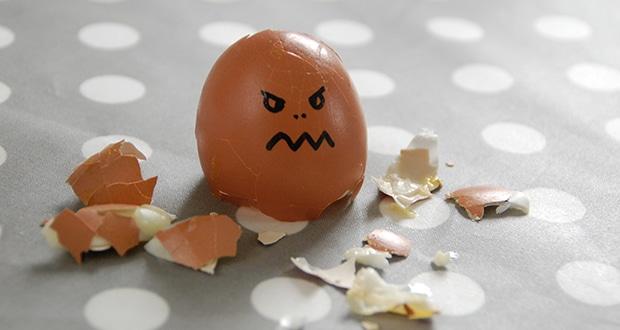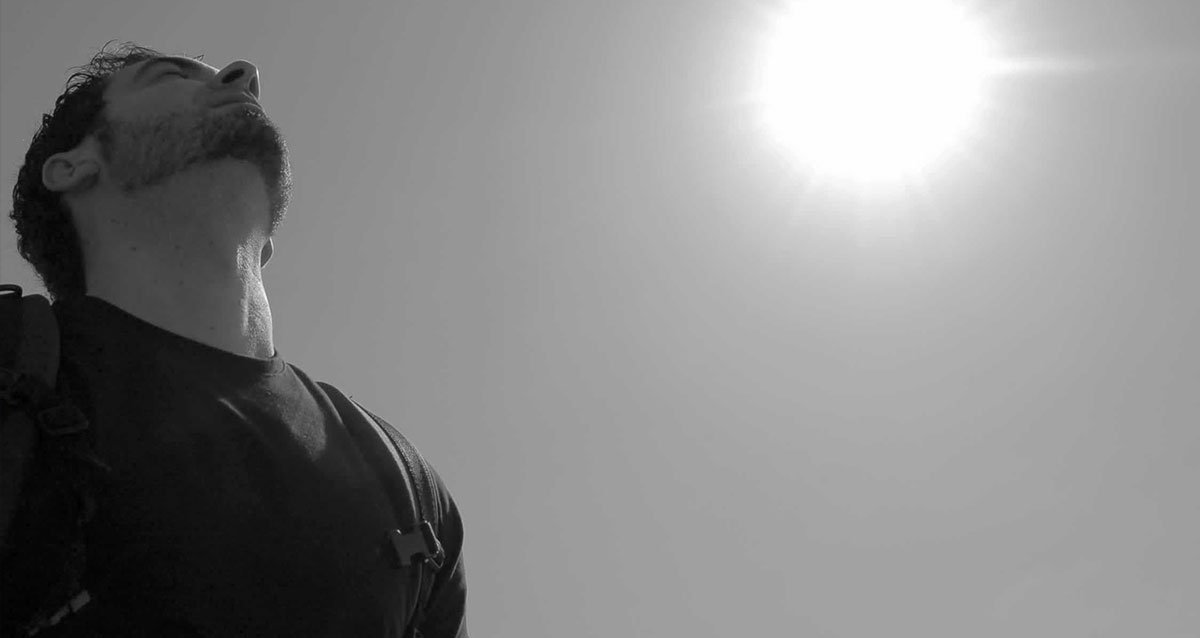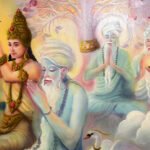We are beginning yet another conventional year: 2021. Last year too began like this, nothing unusual until the end of February when the coronavirus started spreading fast and taking lives. Since then, our lives have been turned upside down. Isolation became the way of living, wearing masks became the safety requirement, distancing yourself from your loved ones became an act of kindness. The deadly nature of the virus has made us fearful and anxious and forced us into this new way of life. Now, let us think for a moment, are we scared of the coronavirus or are we scared of the fact that our body is susceptible to the virus? We are scared because our body is vulnerable to this virus. Our body contracts it. This body that we treat with such care, is ready to contract this deadly virus and make us very sick. If our body rejected this virus, would we be afraid of it? No, we would not be. Why does this body contract this virus? Because the body is impermanent; it is subject to change, it cannot be controlled as we wish.
It is not an exaggeration to say that our whole world revolves around our body. We are known and recognized by our body. We spend a great deal of time taking care of our body. We feed it not once, not twice, but three or more times a day. We wash our body. We buy expensive clothes, perfumes, and accessories for our body. We exercise and rest it. We buy comfortable beds, chairs, and vehicles to keep this body in comfort. We find partners and we get married to satisfy the needs of this body. We take medicine when the body falls ill. We work all our life to earn enough money to do the above and more for our body. Further, arrogant behavior, hatred, jealousy, and many other negative qualities flourish in relation to the body. We must contemplate carefully about the body, otherwise these realities could lead to an argument rather than to understanding.
Now, let us take a moment to think about how this body that we tend to so dearly repays us. We wash it in the night, let’s say, with perfumed soap and warm water and lay it on a very comfortable bed to sleep under a fan or air conditioning if it is hot or in a warm room if it is cold. Next morning when we wake up, how does the body look? There is mucus in the eyes. There are traces of saliva around the mouth. The hair has become knotted and messy. The breath smells awful. We would not meet even our family members without making the body presentable. Why does this happen? This happens because our body changes. It is impermanent; we cannot control the body as we want.
Moreover, what happens if we do not brush our teeth for two days? If we do not shower for three days? If we just let our body be without cleaning it? In three days can we stand our own odor? Why does this happen? Why do you think our underwear becomes dirtier than our other clothes? Because they rub against the body more. We wear clean clothes, but the body soils them. This is the foul nature of the body (asubha). In the noble Dhamma we can compare the body to a decorated pot, punctured with holes and filled with rotten meat. The fluids trickling from that rotten meat ooze through the holes incessantly.
Everyone can see how the body changes over a lifetime. We are all born as infants. We were all babies, then toddlers. We all lived out our childhoods and became adults. By the time we turn 50 or 60 years old, what happens to the body? The hair thins and becomes gray. The skin wrinkles and loses its color. Teeth fall out. Eyesight weakens and gradually fades away. Strength of the limbs slowly deserts us. Sicknesses take up residence in the body. Aches and pains, too. What is meant to happen has happened. The body has changed according to its nature. Its disagreeableness is now prominent, and we have become helpless. However, we do not see this truth. We instead look at photos and say, “Oh, this is me when I was a baby.” “This is me at my wedding.” “This is me with my grandson.” Until a Buddha appears in this world and expounds the noble Dhamma, no one realizes the true nature of the body. The ignorance in us is so strong that we are focused only on the decorations of the pot. And we wish to further beautify it.
If we can see the impermanent and foul nature of the body, our minds become calm and arrogance diminishes. For a simple example, while at a party, if we suddenly remember that we forgot to brush our teeth that morning, how do we feel? We check our breath, we become conscious of how we smile; our self-confidence diminishes. In the same way, if we realize the nature of our body by practicing the noble Dhamma we become humble. In the Sariputta Sīhanāda sutta, Arahant Sāriputta, second only to the Buddha in wisdom, proclaims his humility gained by fully realizing the nature of the body.
In order to penetrate ignorance regarding the body, one should contemplate in eleven different ways.
1.Anniccato – the body is impermanent. It changes. Why does it change? Because it is made up of the four great elements and things that are made up of the elements. And they are subjected to change.
2.Dukkhato – what is impermanent is suffering. We always couple happiness with permanence: “may we be friends forever,” etc. But by nature, the body is impermanent. Therefore, suffering is inevitable.
3.Rogato – the body is vulnerable to numerous illnesses. Once the Buddha said this body is a nest for diseases.
4. Gaṇḍato– the body is like an infected boil filled with pus which aches. In the same way the body aches. Just sitting or sleeping in one posture for too long can make the body ache. A boil is soft and spongy. And it feels good when rubbed gently with oil. Can you see the similarity?
5.Sallato – the body is like a spear stabbed deep into someone. The slightest movement give rise to agony. With age the spear penetrates deeper into the body.
6.Aghato – this body is a burden, a hardship. How much attention does it require? Can we stop attending to it, if we are tired? No, the body will become so nasty, and we will be forced to take care of it.
7.Ābādhato – ailments and sicknesses arise in this body. How we suffer when we get a toothache? An earache? A terminal illness? Not a single part of this body resists illnesses.
8.Parato – the body is alien to us, foreign. It belongs to the four great elements. It also belongs to the bacteria and worms inside it. Once dead, they consume this body.
9.Palokato – the body is like an eggshell. There is no part that cannot be crushed. Even our own body weight can crush a toe or a figure by accident.
10.Suññato the body is empty of an owner, void of a self. If we were the owners of our bodies, then we should be able to control it as we wish. We should be able to command it to reject the coronavirus, and it should oblige.
11.Anattato – the body is impermanent. Thus, it gives rise to suffering. What is impermanent and gives suffering is not “mine,” “I am” or “my self.” The body is devoid of a “self.”
In summary, even though we do not want to contract the coronavirus, our body is ready and willing to accept it. This invisible virus can destroy us once it enters into the body. The virus can accomplish that because the body is impermanent. Therefore, our fear of the virus is, in fact, a fear of the impermanent nature of the body. It is this impermanence that actually kills us. Thus, the body or the form which we regard highly and spend our entire life caring for and fighting for, is indeed an enemy in disguise. Without showing any gratitude for all the hard work we put in, the body never fails to show its true face—its nasty and disagreeable nature. This is the word of the Buddha. To understand the noble teachings, we need to investigate wisely through the noble Dhamma again and again.
Cittuppādampi kho ahaṃ, cunda, kusalesu dhammesu bahukāraṃ vadāmi, ko pana vādo kāyena vācāya anuvidhīyanāsu.
“Cunda, I say that even giving rise to the thought of developing the wholesome is very helpful, so what should be said of the benefit of doing wholesome acts by body and speech.”
MN 8 – Sallekha Sutta
Regardless of what 2021 may have in store for us, may we have the greatest fortune to see the reality of this body through the noble Dhamma!
By Prajapathi Jayawardena












Recent Comments